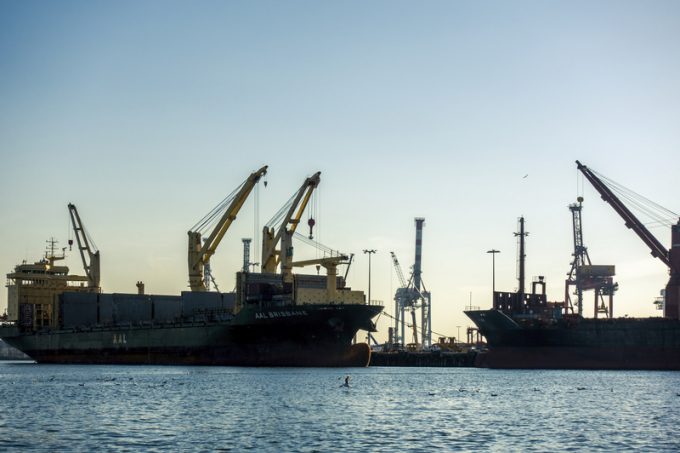Transpacific trade – follow my lead
All eyes on the next move

At a time of massive earnings – thanks to spiralling volumes spilling over from the container segment – Singapore-based breakbulk and heavylift operator AAL plans to add four new 32,000 dwt multipurpose vessels (MPVs) to its fleet.
They will be constructed at CSSC Huangpu Wenchong Shipyard ...
Four crew members still missing as Wan Hai 503 continues to burn
Explosions and 'out-of-control' fire reported on Wan Hai box ship
Predatory rivals circle as the ripples from DSV's Schenker buy widen
MSC Elsa crew face criminal probe, as Wan Hai 503 firefighters battle on
'It's driving us mad', say forwarders as US court fails to end tariff turmoil
Transpacific rates ease as capacity boost proves too much for trades to digest
European port congestion easing – for now
CMA CGM 'testing the water' of the Suez Canal for more services
Flexport: Sanne Manders talks profitability, fire-sales and Dave Clark
More legal trouble in India for MSC: feeder vessel detained after box ship disasters
Latest Israeli attack on Iran a threat to box ships in Straits of Hormuz
DSV insiders hit back at Kuehne & DHL GF – got a 'pro integration' going

Comment on this article